Disney vs Netflix – who has better financial indicators?
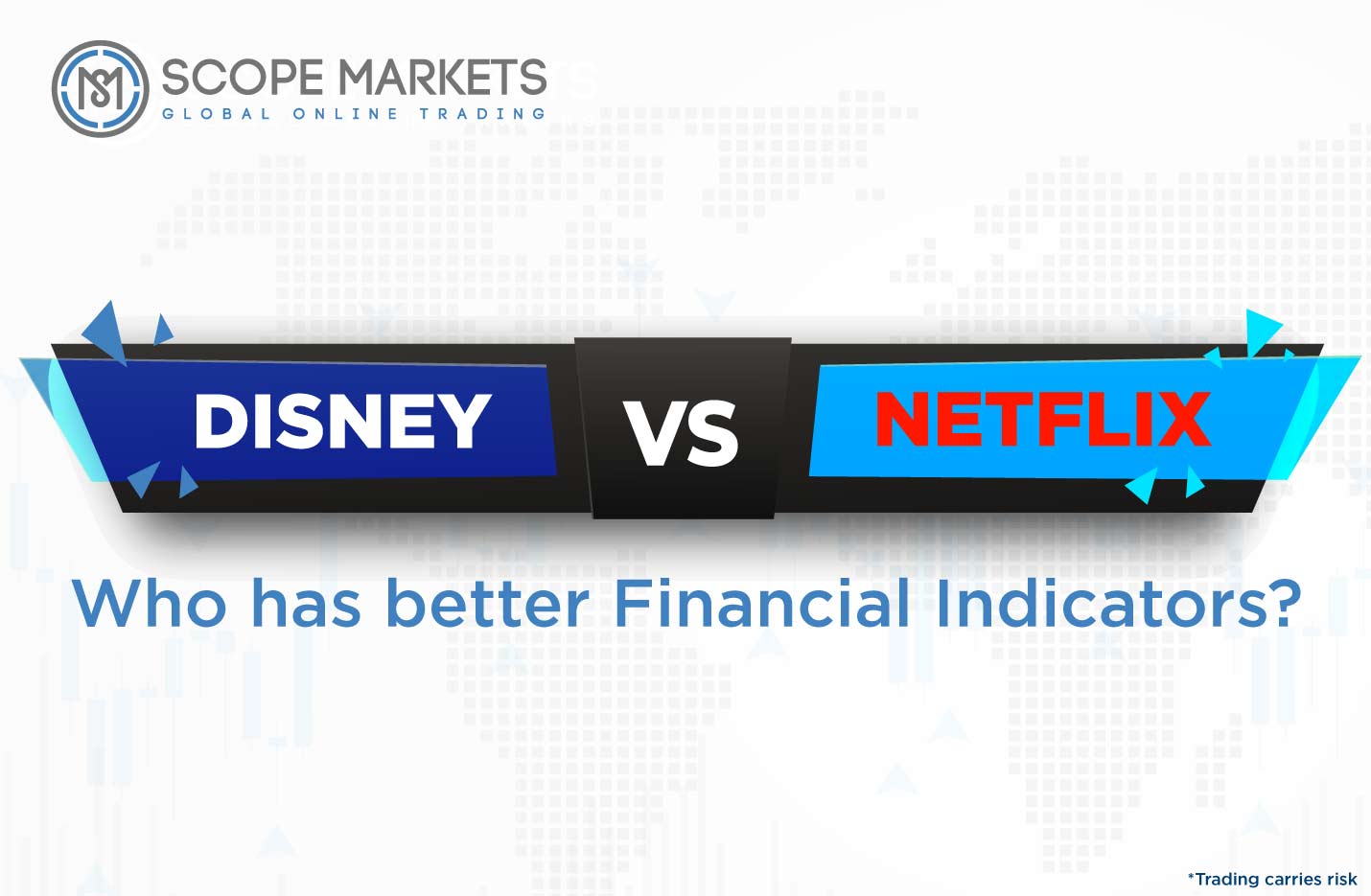
Contents
Disney (DIS) and Netflix (NFLX) are two of the biggest video streaming companies. Google’s YouTube was the initial organization to recognize the huge possibility of streaming media before Netflix started dominating this market.

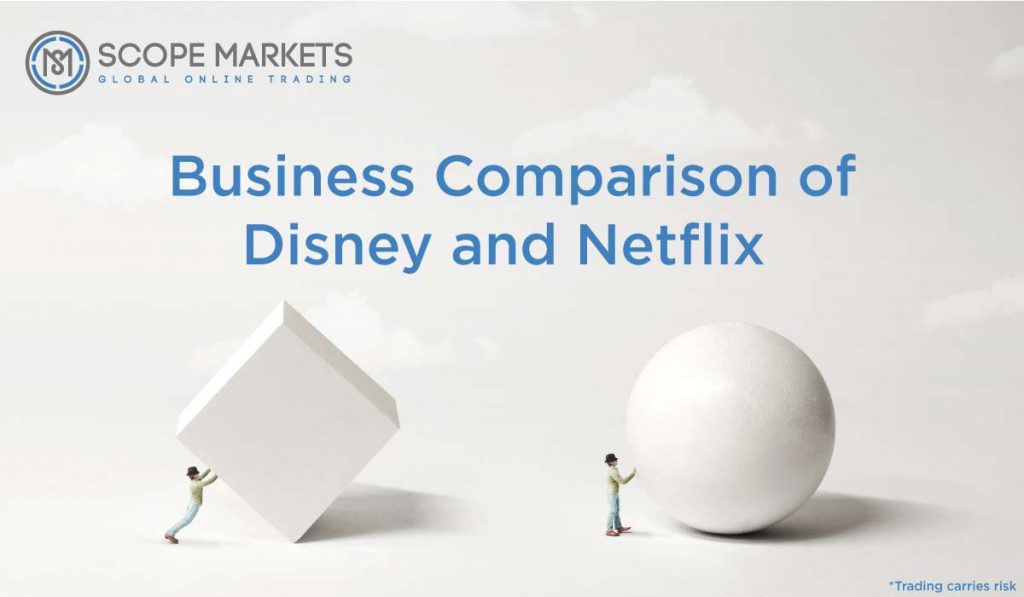
Netflix is considered a leader in video streaming services since it boasts 207.6 million paying subscribers around the world. In contrast, Disney+ has 103.9 million paying subscribers. So, we have compared Disney vs Netflix’s actively paying subscribers and found that Netflix still commands a giant market share.
Walt Disney used to get most of its revenue from theme parks and cruise ships. However, the company noticed the change in consumer trends and decided to invest in an online video streaming service in November 2019. Since then, it has gained a significant market share in direct competition with Netflix and Amazon Prime.
Having launched Netflix’s video streaming service in the year 2007, Netflix took 10 years to reach 100 million subscribers. In contrast, Disney+ took one and a half years to reach 100 million subscribers. This shows that Disney’s subscriber growth is faster and it’s something that Netflix needs to start worrying about.
The recent earnings report by Netflix indicated that subscriber growth is weakening. There were 4 million new subscribers in quarter 1, 2021. This was a slight miss on investor expectations. Netflix attributed the slow growth to their production of fewer original shows and movies based on pandemic challenges in 2020.
Disney+ had over 9 million new subscribers in quarter 1, 2021 while ViacomCBS had over 6 million subscribers in quarter 1, 2021.
Revenue Segments Comparison
Disney is an entertainment composite that earns revenue from Disney Media and Entertainment Distribution (DMED) and Disney Parks, Experiences, and Products (DPEP).
DMED consists of domestic and international linear cable networks such as Disney, ESPN, and National Geographic; ABC broadcast TV network and eight US-based TV stations; and a 50% equity investment in A+E TV Networks. DMED accounts for an estimated 47% of total sales revenue and 90% of total operating income.
DMED also consists of various Direct-to-Consumer online streaming services such as Disney+, Disney+ Hotstar, ESPN+, Hulu, and Star+. They rake in 20% of the sales revenue but are not profitable yet. Disney’s Content Sales/Licensing and Other segment rakes in an estimated 10% of sales revenue. This is a total of 77% sales revenue.
The DPEP segment consists of theme parks and resorts in Florida, California, Hawaii, Hong Kong, Paris, and Shanghai. Due to covid-19 restrictions, the segment recently reported a loss but it raked in an estimated 23% in sales revenue.
Netflix operates a single business segment that mainly deals with a subscription-based model for selling television content and movies online. 46% of its revenue comes from the USA while 31% comes from Europe, Middle East, and Africa. During the pandemic, Netflix saw an increase of 21.9% in subscriptions in 2020. Video streaming services comprise 99% of Netflix’s revenue while the sale of DVDs contributes 1% of sales revenue.
Market Capitalization of the two Companies
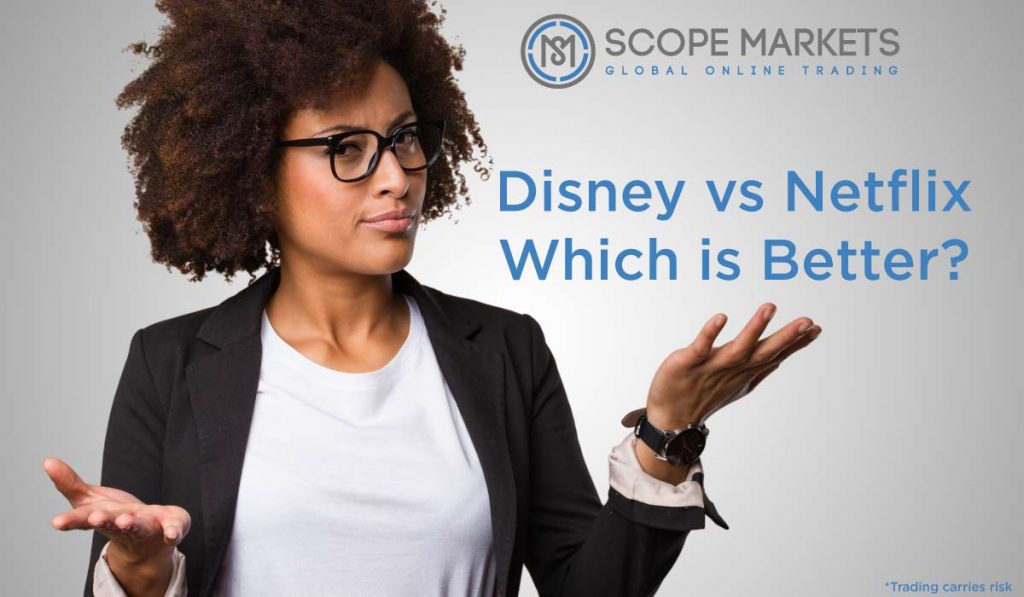
Walt Disney has a market capitalization of $324.59 billion while Netflix has $ 222.95 billion. Netflix is listed in the Nasdaq stock exchange while Walt Disney is listed in New York Stock Exchange (NYSE). They are both large-cap companies and are expected to enjoy faster growth as global economies reopen.
The two companies are expected to enjoy a compound annual growth rate (CAGR) of 20.4% through 2027.
Price-To-Earnings Ratio Comparison
Walt Disney has a price-to-earnings (P/E) ratio of 61.90 while Netflix has 87.1. This means that you would have to invest $25.20 more in Netflix to earn $1 per share. A high P/E ratio often implies that investors are willing to pay a higher premium for the stock to enjoy its expected future earnings. A high P/E ratio may also imply that the stock is overpriced. The current P/E ratio of the benchmark index, S&P 500, is 44.66.
Book Value vs Market Value
The current share price of Walt Disney is $ 178.65 up 0.55% year-to-date. In contrast, Netflix is trading at $502.81, down 3.83% year-to-date. The book value of Walt Disney shares is $47.91 while Netflix’s book value is $32.48. This clearly shows that there is a huge variation between Netflix’s market price and book value. This may imply that the stock performance is very strong or that the share price is overvalued.
Effect of Covid-19 on Netflix vs Walt Disney
When the covid-19 pandemic started spreading across the world in March 2020, governments issued travel restrictions, night curfew, and employees were forced to work from home while all non-essential businesses were closed.
Netflix was not affected much since most of its revenue is earned from online video streaming services. In fact, the more people stayed at home, the more they subscribed to Netflix services as an alternative way of entertainment at home.
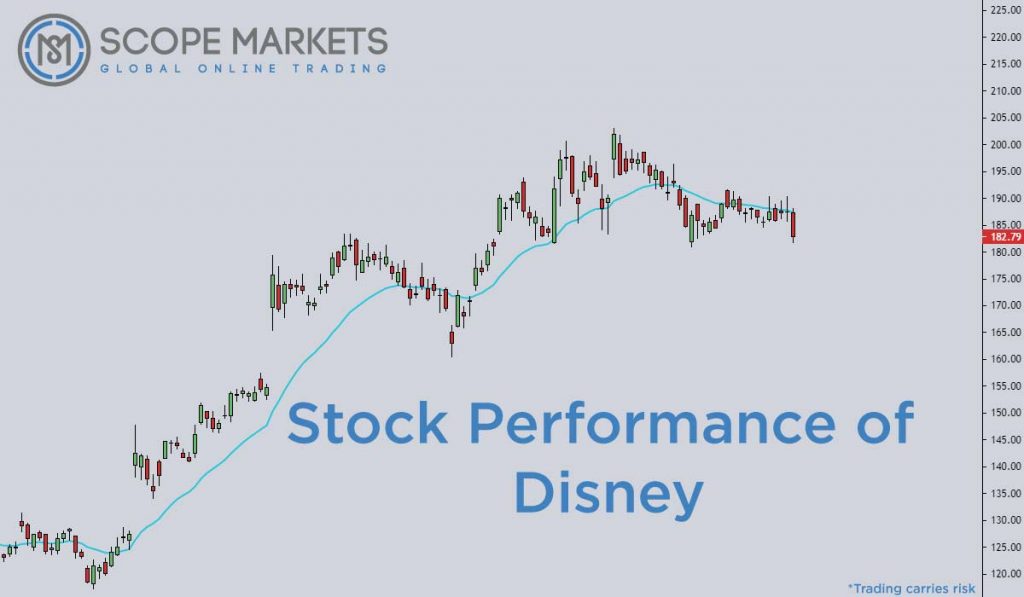
In contrast, Disney’s Parks, Experiences, and Products (DPEP) were all closed leading to significant losses in revenue. In a bid to adapt and survive, Disney expanded their efforts in marketing Disney+ streaming service thereby offsetting the losses in the DPEP segment.
Now that covid-19 regulations are gradually being eased, people are eager to resume other entertainment media such as watching movies in theaters, visiting Disney’s theme parks and cruise ships. This is set to expand Disney’s revenue streams and possibly expand its profitability.
Average Revenue Per User (ARPU)
Disney+’s average revenue per user was $5.61 excluding India’s Disney+ Hotstar in April 2021 while Netflix’s ARPU was $14.25. This means that Disney+ pricing is more affordable and may attract more subscribers in the future. On the other hand, the high Netflix ARPU is an indication that they can charge higher for their products and use the revenue to develop bigger and better shows and movies.
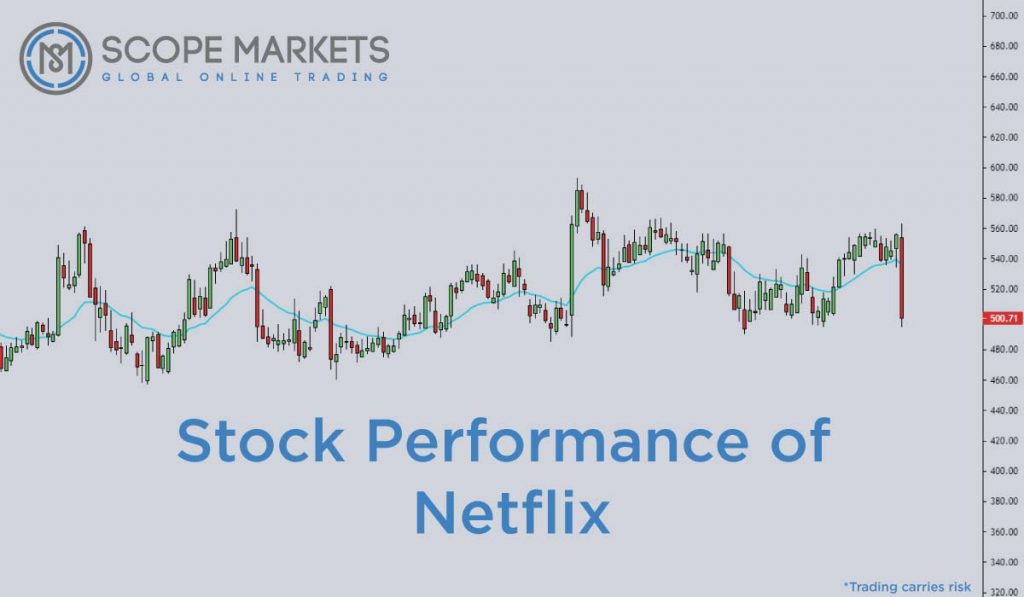
Besides subscriber growth and bigger reach, Disney is planning on increasing its ARPU so the segment can get profitable by end of 2021. Disney’s Hulu has an ARPU of $12.08.
Dividends
Netflix does not offer any dividends to its shareholders. On the other hand, Walt Disney stopped giving dividends at the beginning of the pandemic and may not resume until their business enterprise is fully operational and firing on all barrels.
It is quite common for growth companies to give zero dividends to reinvest profits for continued market-beating returns. Investors are often satisfied with high stock growth as compensation for missed dividends.
Competitive Advantages
Walt Disney boasts of a large collection of content with the upper hand when it comes to children’s content. This spans its theme parks and Disney+ cartoons and animation movies. Having been in operation for roughly the past 100 years, Walt Disney has a massive content library that Netflix cannot match.
Netflix boasts of high-quality original shows that are highly funded relative to traditional movies and television shows. Netflix invests up to $500 million in developing each of its original shows and its large user base more than compensates for the costs.
Walt Disney has a diversified segment revenue compared to Netflix’s single operating segment. This means that, if the video streaming sector goes down, Walt Disney can still generate a big chunk of its revenue from its linear cable networks and Disney Parks, Experiences, and Products segments.
Prospects
Disney+ aims to reach 230-260 million subscribers by the year 2024. At the end of the second quarter on 13th May 2021, Disney reported that it had reached 159 million total subscribers in all its streaming services (Disney+, Disney+ Hotstar, Hulu, ESPN, and Star+). Oncoming shows include “Black Widow,” “Eternals,” “Shang-Chi and the Ten Rings,” “Spider-Man: No Way Home”, “Cruella,” “Jungle Cruise,” “Free Guy,” “Encanto” and “West Side Story.” With California theme parks reopened on April 30, 2021, the next earnings should easily beat expectations.
Netflix is planning to release at least 70 original films this year and its subscribers are excited. Netflix is hunting for a gaming executive to venture into the highly lucrative video gaming business.
One of the major issues raised during the earnings call was password-sharing freeloaders. At the upcoming shareholder meeting on June 3, we expect Netflix to address the issue. Netflix iterated that its goal is not to cast away freeloaders but to convert them into paying customers.
Netflix management iterated that the transition of consumer trends from linear cable television to on-demand online video streaming is going to accelerate thereby creating more clients for their content in 2021. This similarly applies to Disney+ clients.
Wallstreet Ratings
Out of 82 Wallstreet analysts, 58 have a buy rating, 14 are neutral, and 10 have a sell rating. The median price target is $519.26 while a bull case has a high of $750. A bear case has a low of $194. The next earnings report is on 19th July 2021.
Out of 55 Wallstreet analysts, 55 have a buy rating, 11 are neutral, and 1 have a sell rating. The median price target is $161.64 while a bull case has a high of $230.A bear case has a low of $96.
Article Disclaimer
